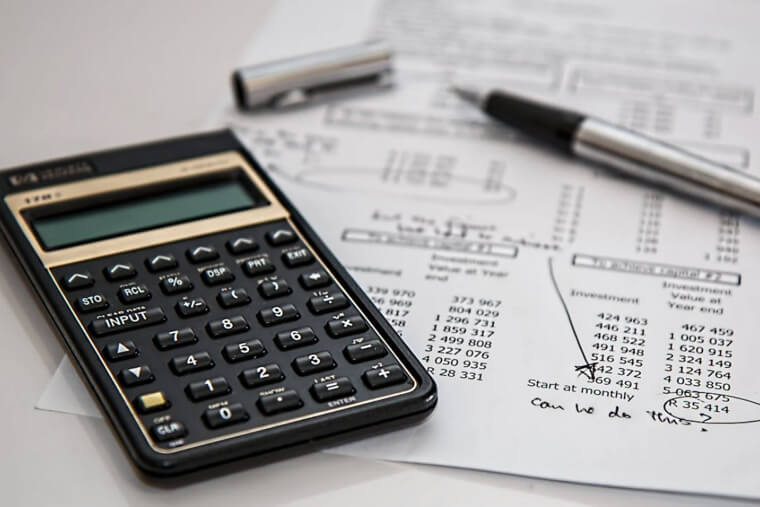Financial Planning Is the Key to Wealth
It doesn’t matter if you make a few thousand a year or a few million; not having a financial plan is asking to put yourself through hell. A financial plan helps you keep your money and your life goals in check, and you don’t need to spend money to have one. Here is a step-by-step breakdown of how to build your own financial plan.
Figure Out Your Goals
Before you even touch your finances, make sure you know what you’re planning for. Having concrete, specific goals to work towards helps you better allocate the money you have. Also, be sure to actually write down these goals. Figure out and list—what goal you’re working towards (goal), how much you’ll need to save (amount), how long you have (period), and what amount of monthly savings is necessary to achieve this goal (monthly savings).
Estimate Where You Stand
Once you’ve figured out what you’re saving for, do a thorough analysis of what you have. This means figuring out your assets (including any cash, assets, stocks, property, etc), and your debts (any mortgages, credit cards, loans, etc). Subtracting your debts from your assets will give you your net worth.
Review Your Cash Flow
The next thing to figure out is cash flow. Cash flow simply means the money in and the money out. List down all your sources of income and all your expenses. This helps you figure out your spending habits and what expenses can be avoided.
Finalise Your Budget
Once you know how you’re currently spending your money, you can plan how to spend your money in the future. Categorize your expenses into ‘needs’ and ‘wants’ and set a limit on how much you can spend on each item. Make sure to also leave room for savings.
Make Debt Management a Priority
Once you’ve figured out the details of your day-to-day finances, it’s time to look at the bigger picture. While some debt is good for you, too much debt can shatter your life. Evaluate each specific debt and make a plan to pay it off at the earliest.
Always Have an Emergency Fund
Life can throw a curveball at any time, so being prepared for unexpected circumstances is always wise. Ideally, your emergency fund should be able to cover three to six months of essential costs of living. This helps you not dip into your long-term savings if the worst happens.
Plan for Retirement
When it comes to retirement savings, there’s never a bad time to start. The sooner you start saving for retirement, the more money you will have. While a complete retirement plan is a whole different best, contributing to a 401(k) or Roth IRA is a start.
Make Your Insurance Work for You
Having the right type and amount of insurance helps you protect your finances and your family. From car insurance, homeowner’s insurance, disability insurance, and life insurance, they safeguard you against unexpected losses and protect your finances long-term.
Have an Estate Plan in Place
It doesn’t matter how much you’re worth; you need to have a will, at the very least, to assign guardians to minor children. Also, assign beneficiaries to any retirement accounts or insurances plans and keep them up-to-date. Finally, complete a medical directive and powers of attorney, in case you are incapacitated.










